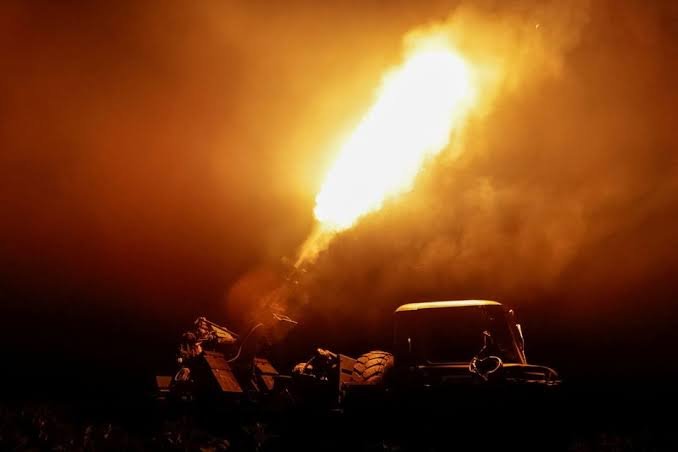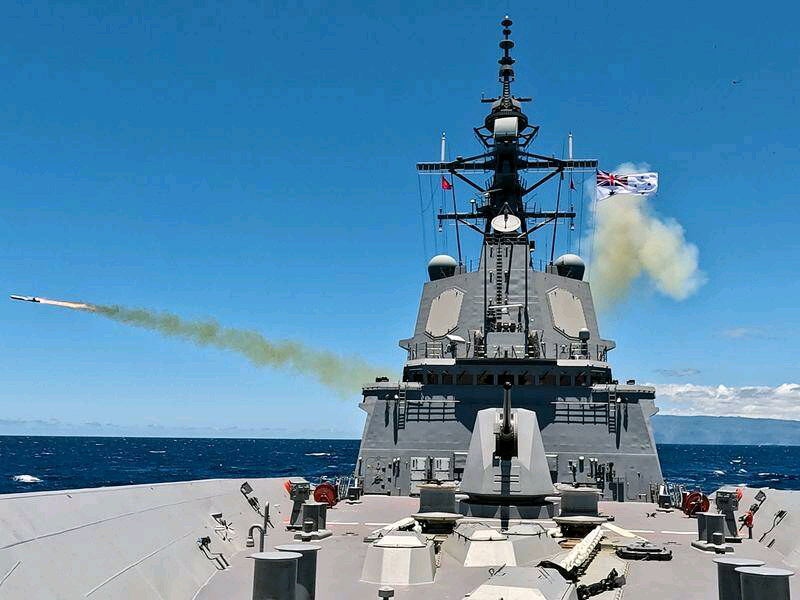European leaders have issued a firm warning that Ukraine’s borders must not be altered through military force, just days before a high-stakes US-Russia meeting on the war is set to take place in Alaska.
In a joint statement signed by 26 of the 27 EU leaders, they emphasized that the Ukrainian people have the right to decide their own future and that the principle of territorial integrity must be upheld. Hungary’s Prime Minister Viktor Orban declined to sign, citing his continued close ties with Russia and his opposition to EU-led conditions for peace talks.
The declaration reflects growing anxiety across Europe, especially among nations bordering Russia or with a history of Soviet occupation. In response to ongoing tensions, countries such as Sweden and Finland have joined NATO, Baltic nations have reinstated military conscription, and Poland has invested heavily in strengthening its defenses along the Russian border.
European leaders have rejected any formal recognition of Russia’s control over territories seized during the conflict. However, there is increasing discussion that some areas currently under Russian occupation might not return to Ukrainian control.
US President Donald Trump has hinted that a peace deal could involve a “territory swap,” potentially allowing Russia to retain Crimea and the entire Donbas region in exchange for relinquishing its hold on parts of Kherson and Zaporizhzhia. NATO Secretary General Mark Rutte has stressed that even if Russia maintains de facto control over certain areas, such an arrangement should never be legally recognized.
The EU’s statement also reaffirmed its commitment to helping Ukraine defend itself and pursue EU membership. Leaders pledged ongoing military assistance, calling for a “just and lasting peace” that protects both European and international security.
Orban, for his part, urged the EU to organize its own talks with Moscow and revealed that Trump had personally sought his opinion on Ukraine’s chances of defeating Russia militarily.
EU leaders will meet with Trump on Wednesday to advocate for Ukraine’s interests before he sits down with Russian President Vladimir Putin in Alaska on Friday—a meeting that could significantly influence the war’s outcome and Europe’s security landscape.



